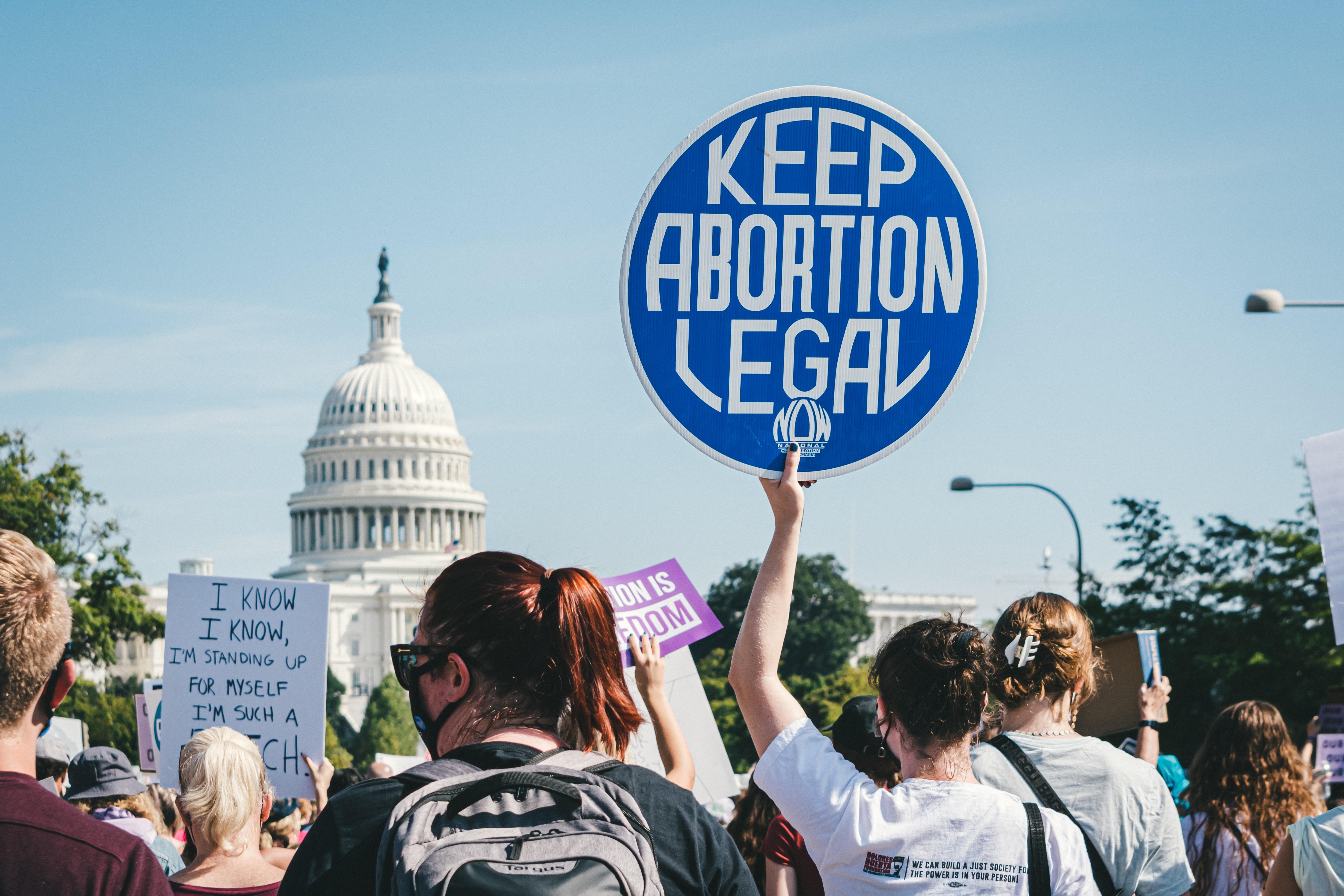How Will the Dobbs Decision Affect Assisted Reproduction?

photo by Gayatri Malhotra on Unsplash
The Supreme Court decision in Dobbs v. Jackson, which overturned Roe v. Wade, will have devastating effects on reproductive healthcare – something we are already seeing in states that moved to restrict abortion in the wake of the ruling. State laws banning abortion may also ban or limit access to reproductive technologies, including IVF, in addition to increasing surveillance and criminalization of healthcare providers and pregnant women and people.
Already, physicians, geneticists, and patients are struggling to muddle through laws that, if enforced, would result in criminal penalties for formerly routine aspects of care. The following articles illustrate some of the trends in media coverage of the implications of the Dobbs decision for assisted reproduction.
- Law professor Sonia Suter’s recent article in Slate suggests that IVF clinics may no longer be able to discard excess embryos, particularly after preimplantation genetic testing. Further, embryo freezing and embryo donation may be threatened in states attempting to pass laws establishing fetal personhood. Noninvasive prenatal testing could also face scrutiny, as lawmakers in red states attempt to control those who might seek abortions in other states based on test results.
- In the LA Times, law professor (and CGS fellow) Lisa Ikemoto points out that “impacts on patients deprived of fertility care in their home state would mirror those of abortion patients,” as those with resources may be able to travel to states that still protect reproductive rights, while marginalized and low-income people may lose access to fertility care.
- Although trigger bans tend to refer to pregnancy in their language restricting abortion, which could help distinguish embryos frozen in a lab from those implanted, some anti-abortion lawmakers have attempted to pass fetal personhood legislation that would apply to cryopreserved embryos. A recent New York Times articledescribes how fertility clinics have been inundated with inquiries from patients wondering whether they could or should transfer cryopreserved embryos to facilities in states that are keeping abortion rights intact.
- The Washington Post reports that clinicians encountering poorly worded state laws are left wondering whether following routine best practices in patient care will now carry criminal penalties. One clinician in Nebraska anticipates that the language of the legislation drafted in her state will reduce access or potentially outlaw IVF because it defines life as beginning at fertilization.
- In response to concerns about state legislation restricting options for those with frozen embryos, Boston IVF is establishing a program to allow people to transfer their embryos to Massachusetts (Bloomberg).
Several recent reports and academic papers are also helpful in understanding how abortion restrictions could impact ARTs.
- The American Society for Reproductive Medicine Center for Policy and Leadership’s report provides an overview of abortion restriction legislation in 13 states, examining whether the language used in these state bans has the potential to affect reproductive technologies. While most state laws appear to limit the bans by defining abortion in relation to pregnant people, “the impact of these laws will vary state-by-state and often hinge on things such as how terms like, ‘fertilization’ and ‘unborn child’ are defined and used.”
- In addition to an updated interactive map reporting state-level restrictions on abortion, The Guttmacher Institute tracks which state abortion bans specifically limit abortion based on the sex or race of the fetus or presence of a “genetic anomaly”––currently, 11 states ban abortions for reason of sex selection, 4 states prohibit abortions for reasons of race, and 6 states prohibit abortions when the fetus may have a “genetic anomaly.”
- The New England Journal of Medicine recently published an article on the Texas law banning abortions after the detection of embryonic cardiac activity (~ 6 weeks), which allows abortions only in physician-documented medical emergencies after that point. Based on interviews with 25 reproductive clinicians and 20 Texans with medically complex pregnancies, the authors conclude that Texas’ abortion ban has had “a chilling effect on a broad range of health care professionals, adversely affecting patient care and endangering people’s lives.”
As the legal, political, and public health ramifications of Dobbs continue to develop, we expect there will be continued discussion of ARTs in the context of reproductive rights. We hope that future coverage addresses the nuances and complexities of reproductive and genetic technologies, including critiques of commercial interests and eugenic potential, the need for regulation and research to ensure health and safety, and greater attention to reproductive justice and disability rights perspectives and voices.



